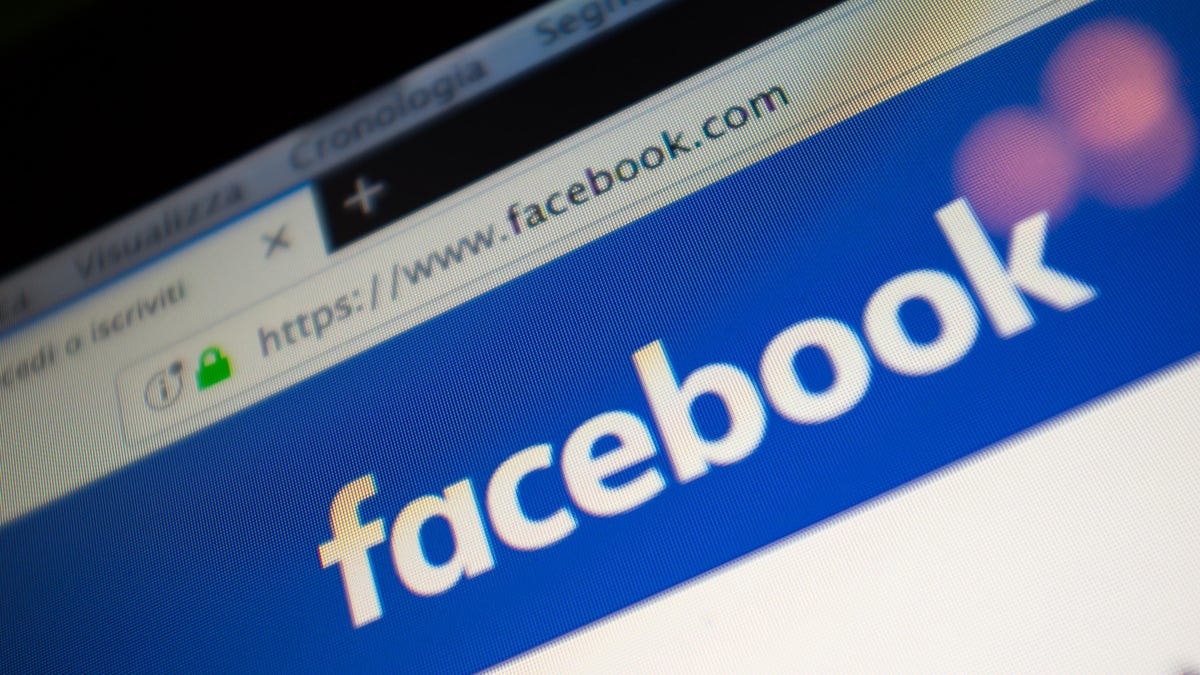Facebook fact-checking partners gripe about their role
A new report from the Columbia School of Journalism suggests that news organizations partnering with Facebook to combat fake news are unhappy about the partnership.

Facebook's fact-checking partners tasked with fighting fake news aren't happy with their bosses at the social media giant.
Top brass at several news outlets hired to help clean up Facebook's misinformation problem in the wake of the 2016 presidential election say Facebook hasn't been transparent about the effectiveness of their efforts and has ignored requests to improve the process, according to a report published Wednesday by the Tow Center for Digital Journalism at the Columbia Graduate School of Journalism.
"I consistently heard most partners say they wanted more public knowledge about and within the partnership, transparency about its workings, and critique from outside the partnership that could force change within it," writes Mike Ananny, a fellow at the Tow Center.
The news comes as Facebook grapples with the fact that that its platform has been turned into a tool of mass manipulation. In the past few years, governments, propagandists and internet trolls have used the social network to spread false stories and influence elections. The company is also in the midst of dealing with backlash over Cambridge Analytica, a digital analytics firm with ties to the Trump presidential campaign that had access to ill-gotten data from tens of millions of Facebook users. Next week, founder and CEO Mark Zuckerberg will testify before Congress.
Ananny claims he interviewed "six senior people" who work at four of the five major partner organizations, which include ABC News, the Associated Press, FactCheck.org, PolitiFact, and Snopes. The interviews were conducted from August 2017 through January 2018.
Facebook says some of what's in the report is out of date, based on interviews from a few months ago. It has asked the Tow Center to update the piece to reflect some of the more recent developments in its third-party fact-checking program.
For instance, the report says that some partners were frustrated that the fact-checking system focused only on text-based stories and largely ignored memes, pictures and video. Facebook says it's been working to fix this issue.
Last week, the company announced that it's testing fact-checking for photos and videos. The initial rollout of this feature will be with newswire service Agence France-Presse, in France, but a Facebook representative said the company is working to extend the capability to other fact-checking partners.
The Smartest Stuff: Innovators are thinking up new ways to make you, and the things around you, smarter.
Special Reports: CNET's in-depth features in one place.

